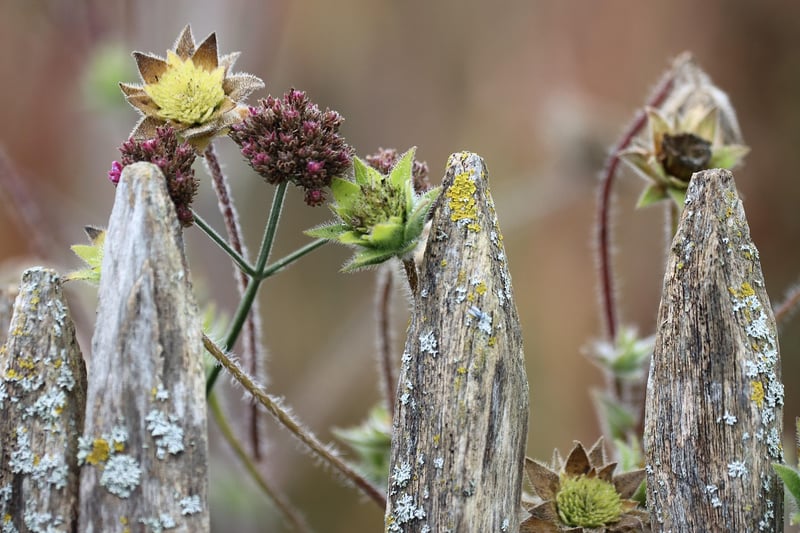Preventive Measures
Protecting Your Plants: Preventive Measures
Keeping your plants safe from harm is essential for a thriving garden or indoor plant collection. By taking preventive measures, you can safeguard your plants against pests, diseases, and harsh environmental conditions. Here are some tips to help you protect your plants effectively.
1. Choose the Right Location
Ensure your plants are placed in an ideal location that meets their sunlight, water, and temperature requirements. Proper placement can help prevent stress and susceptibility to issues.
2. Use High-Quality Soil
Healthy soil is the foundation for strong plants. Invest in good quality soil that provides proper drainage and essential nutrients for your plants to thrive.
3. Regularly Inspect Your Plants
Keep an eye on your plants for any signs of pest infestations, diseases, or nutrient deficiencies. Early detection can help you address issues before they escalate.
4. Implement Integrated Pest Management
Use natural predators, traps, and organic pesticides to control pests in your garden. Integrated Pest Management (IPM) focuses on long-term prevention of pests through a combination of techniques.
5. Provide Adequate Watering
Overwatering or underwatering can stress plants and make them more vulnerable to diseases. Water your plants properly based on their specific needs.
6. Mulch Your Garden
Applying mulch around your plants helps retain moisture, regulate soil temperature, and suppress weed growth. It also acts as a protective barrier against certain pests.
7. Prune Regularly
Pruning promotes healthy growth, improves air circulation, and removes diseased or damaged parts of the plant. Proper pruning can prevent the spread of diseases.
8. Rotate Crops
Rotating crops in your vegetable garden can help prevent disease build-up in the soil and improve overall plant health. Different plants have varying nutrient needs, so rotation can also balance soil fertility.
9. Monitor Environmental Conditions
Be mindful of temperature fluctuations, humidity levels, and exposure to harsh weather conditions. Protect sensitive plants during extreme weather to prevent damage.
By following these preventive measures and staying attentive to your plants' needs, you can create a healthy and thriving garden environment. Remember that prevention is key to plant protection and overall success in gardening.
Image Source: Pixabay

